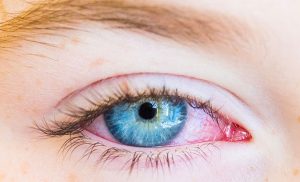Relief at Home: 10 Remedies for Vertigo
Epley Maneuver: Perform the Epley maneuver under the guidance of a healthcare professional. This series of head movements can help reposition displaced inner ear crystals causing vertigo.
Stay Hydrated: Dehydration can worsen vertigo symptoms. Drink plenty of water throughout the day to stay hydrated and maintain inner ear balance.
Ginger: Consume ginger in various forms such as ginger tea, ginger candies, or ginger supplements. Ginger has anti-nausea properties that can help alleviate vertigo-associated nausea.
Vitamin D: Ensure adequate intake of vitamin D, either through sunlight exposure or supplements. Vitamin D deficiency has been linked to vertigo symptoms, so maintaining optimal levels may help.
Deep Breathing: Practice deep breathing exercises or meditation to reduce stress and anxiety, which can exacerbate vertigo symptoms.
Avoid Triggers: Identify and avoid triggers that worsen vertigo, such as sudden head movements, bright lights, or certain foods.
Bed Rest: During vertigo episodes, rest in a comfortable position with your head elevated. Avoid sudden movements or activities that may worsen symptoms.
Acupressure: Apply pressure to specific acupressure points known to alleviate vertigo symptoms. These points include the base of the skull, the inner wrist, and the space between the eyebrows.
Peppermint Essential Oil: Inhale peppermint essential oil or apply diluted oil to your temples to help relieve nausea associated with vertigo.
Healthy Diet: Maintain a balanced diet rich in fruits, vegetables, whole grains, and lean proteins. Avoid excessive consumption of caffeine, alcohol, and processed foods, as they can trigger vertigo episodes.
While these home remedies may provide relief for mild vertigo symptoms, it’s essential to consult with a healthcare professional for proper diagnosis and treatment, especially if vertigo persists or worsens.









